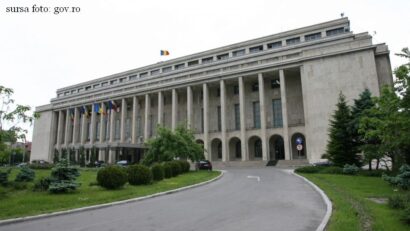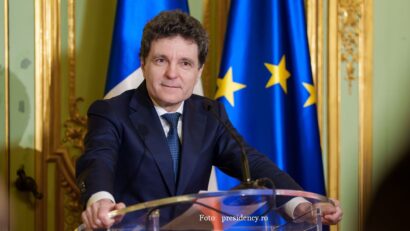Reactions and Measures against Terrorism
The bloody attacks in Brussels and Lahore, which have claimed more than one hundred lives in less than a week, have fueled debates in Romania regarding anti-terror measures.

România Internațional, 29.03.2016, 13:37
Experts had warned that the Catholic Easter, celebrated on Sunday, only five days after the carnage in Brussels, was for Jihadists a good opportunity to strike again. What was unexpected was the target. This time it was not Europe, already at risk due to its Christian majority, but Pakistan that fell victim, a country where Christians account for a very small minority. More than 70 people were killed and several hundreds wounded in the city of Lahore, in a park where Catholic believers were celebrating Jesus’ Resurrection. A faction of the Pakistani Taliban movement has claimed the attack.
Just like most of the other political leaders, President Klaus Iohannis has conveyed Romanians’ condolences and sympathy to the Pakistani people and the victims’ families. Both the Romanian presidency and Foreign Ministry have once again stressed that Romania firmly condemns such attacks and stays committed to the international fight against terrorism. Prime Minister Dacian Ciolos has stated that in Romania terrorist threats exist, but they are properly contained. In an interview to a private TV station, Ciolos said that domestic intelligence services need to be provided with the necessary tools for them to be able to properly monitor threats, without affecting transparency and citizens’ rights.
The Prime Minister pleaded for a more rigorous control of PrePay phone cards, which in Romania can be purchased without having to provide any ID, and also said that the issue was being examined by the Justice and Interior Ministers. Prime Minister Ciolos has said he’s been informed about the fact that PrePay cards purchased in Romania were used in preparing attacks in other EU member countries. The Romanian Intelligence Service has stated it can provide no information regarding terrorists who may have used such cards to prepare terrorist attacks.
However, the Service has mentioned the fact that the use of such non-nominal phone cards issued by Romanian phone operators in conflict areas, including Syria and Iraq, is a well-known fact. Since the identity of the people using them cannot be established, such cards may be used by both Romanian citizens residing in those conflict areas, but also by people connected to terrorist entities, the Service has also stated, in a communiqué issued at the media’s request.
What is clear is that in Bucharest, voices pleading for a regulation of the way in which such phone cards are purchased have grown in number, just like those warning that, in the name of the fight against terror, special services may be tempted to intrude into peaceful citizen’s private lives.
(Translated by M. Ignatescu)






























